Especially Hornbach, Baumax and OBI will profit from the ending of the Farnleitner ordinance, for their ex-pansion is principally through large-format DIY stores
The industrial code was also included in these measures. The provisions of the 1998 version stated that projects with an overall retail area in excess of 800 m² were to be investigated in case local facilities might be endangered and negative effects could be expected on employment. Projects in the centre of a town or locality were not affected by any investigation of this kind. Which has resulted in an interesting gap in the law.
From the start criticism was aimed at unclear definitions (e.g. what is the “centre” of a town or locality?) and the practically meaningless inclusion of retail branches such as DIY and furniture stores with regard to the “endangering of local suppliers in the centre of towns or localities”.
The Farnleitner ordinance led to massive limitations on the new opening of large-format DIY stores and consequently to the protection of existing locations against competition, particularly where big-league rivals were concerned.
This standpoint also led to the complaint made by the Media Markt company (entertainment electronics) to the Austrian constitutional court. The rescinding of the Farnleitner ordinance was justified on the grounds that the protection of neighbourhood shopping had gone too far. Although the industrial code, which was also challenged, was not formally rescinded, it was restricted to short-term requirements alone. Such neighbourhood shopping products include in particular foodstuffs, chemist’s goods and stationery. Work is proceeding on a new ordinance, which will limit the protection of neighbourhood shopping more appropriately and no longer include businesses such as furniture or DIY stores, though possibly part-ranges such as pet food may be affected.
Effects on the DIY store scene
For DIY superstore operators the rescinding of the ordinance means that various locations can now be taken into consideration once again and the lengthy approval…

 Menü
Menü




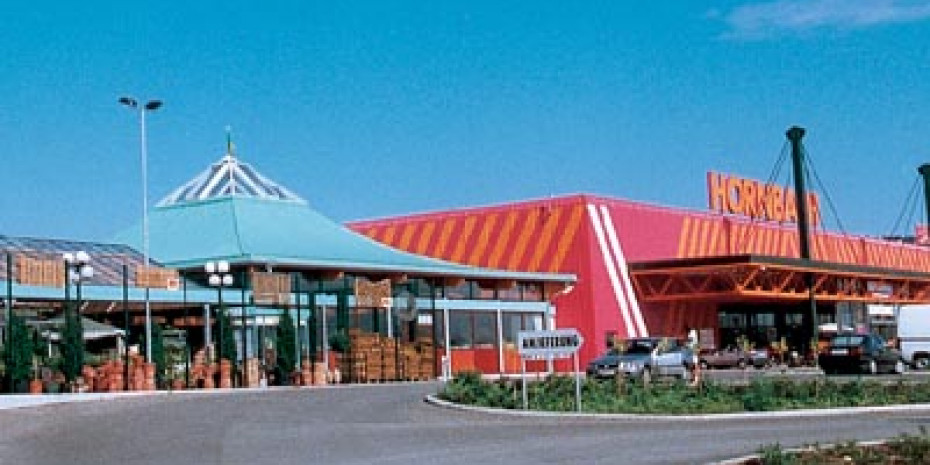

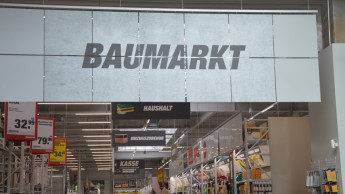

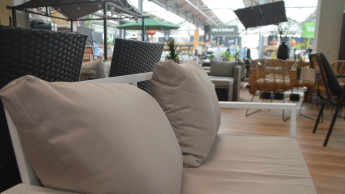



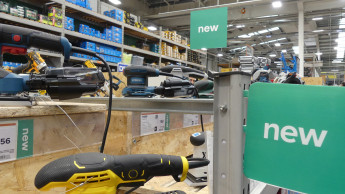
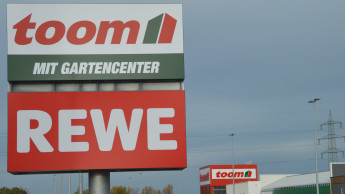

 Newsletter
Newsletter